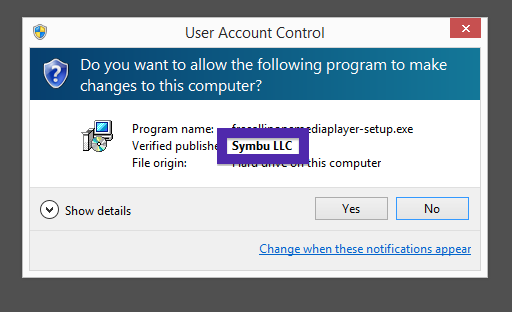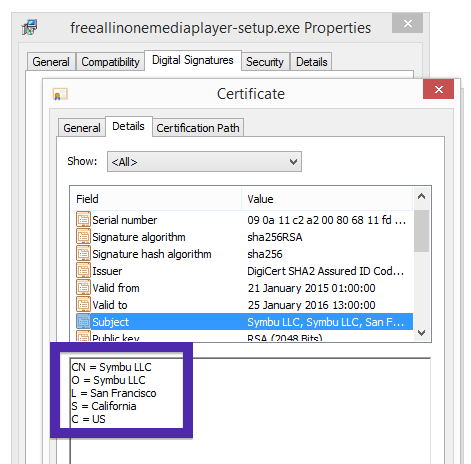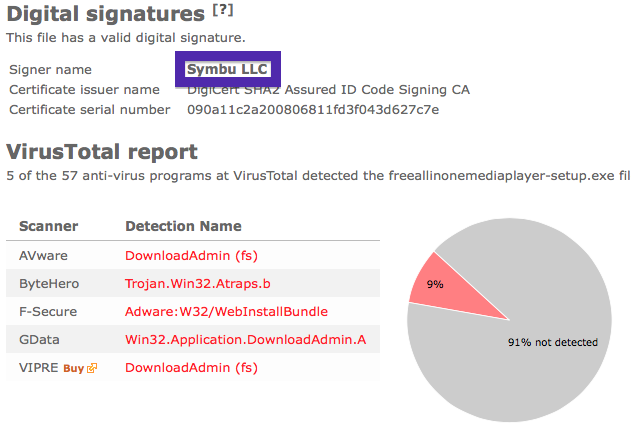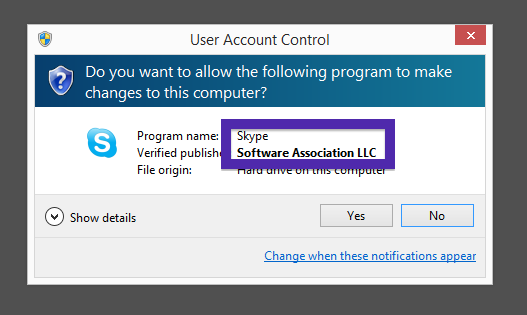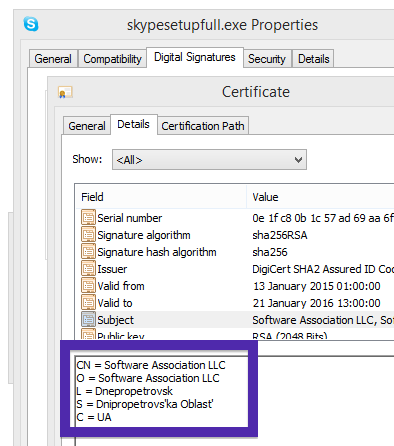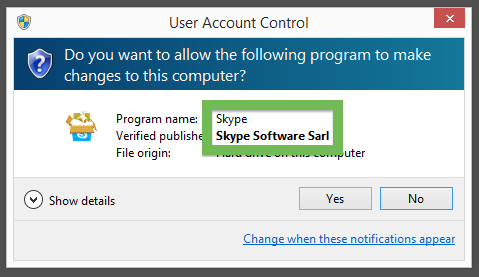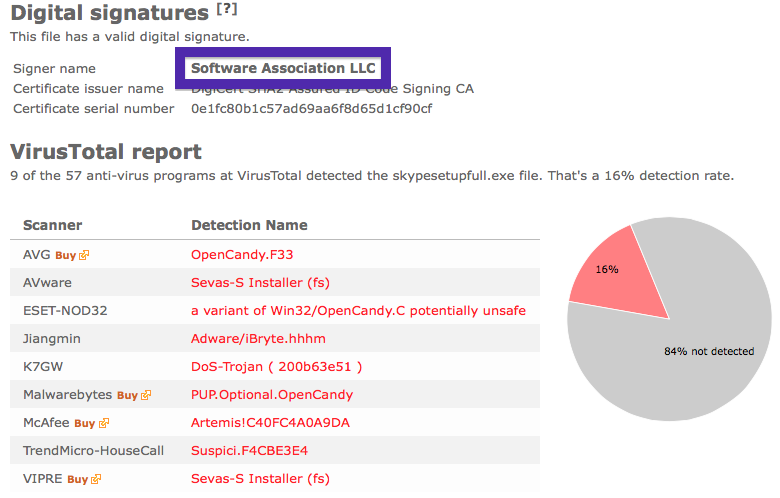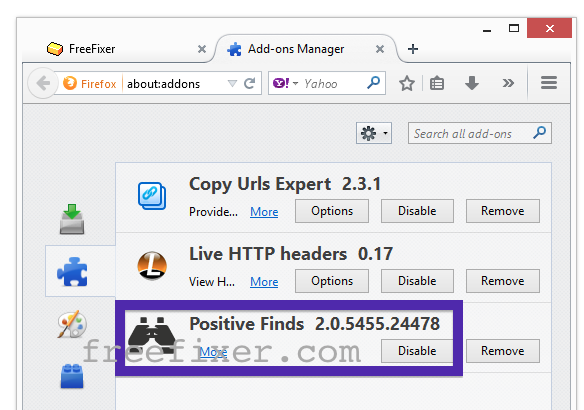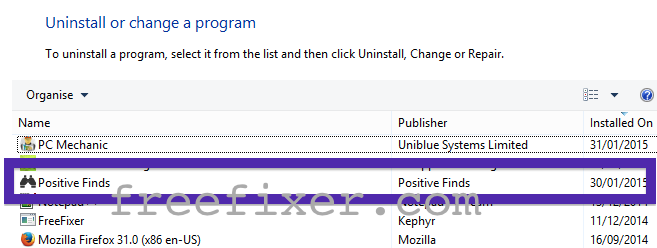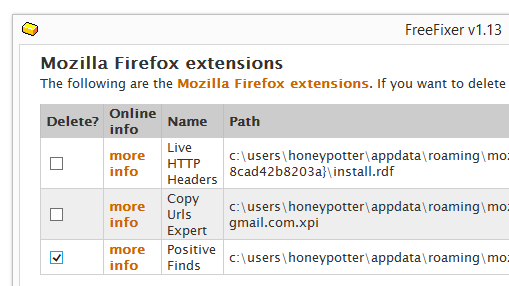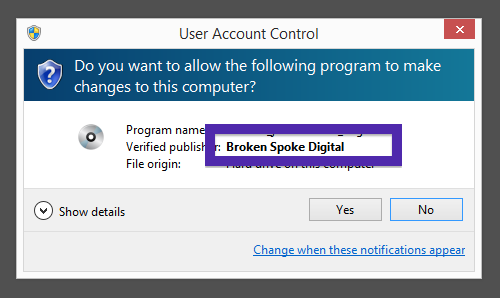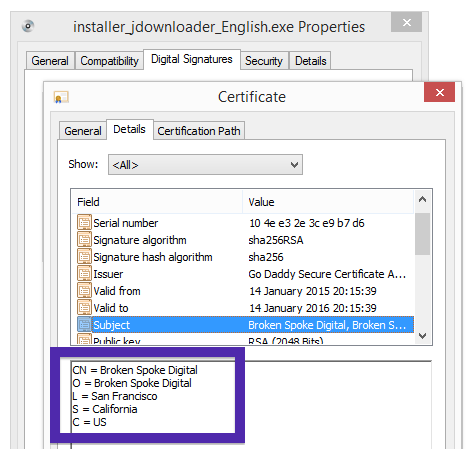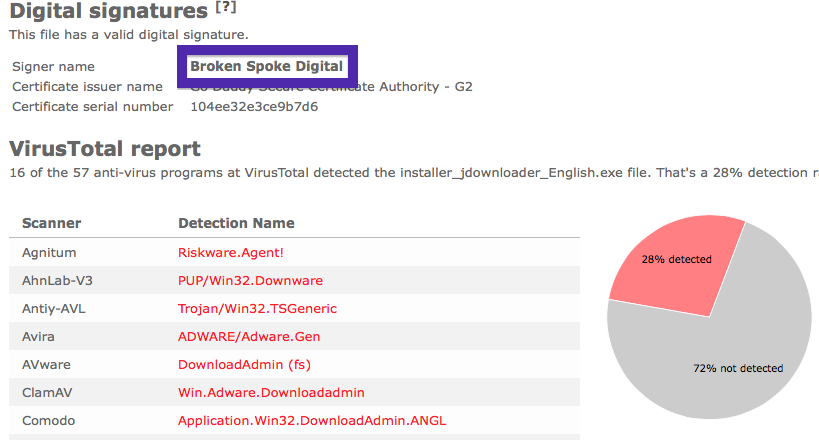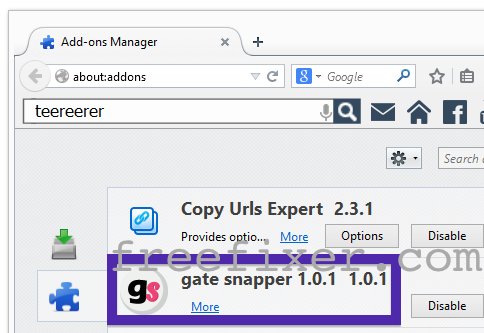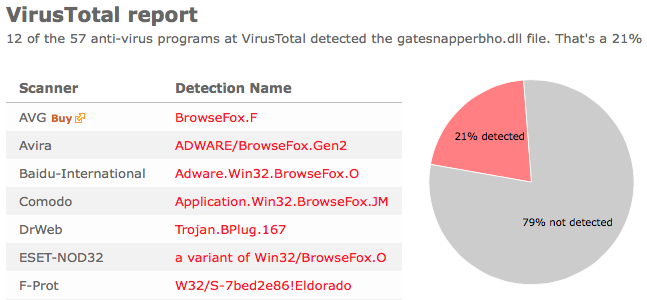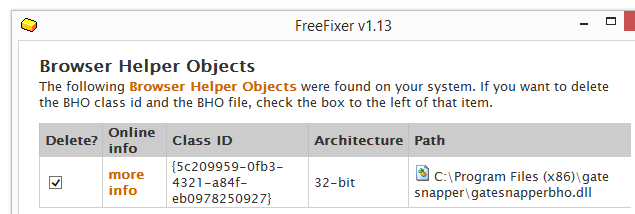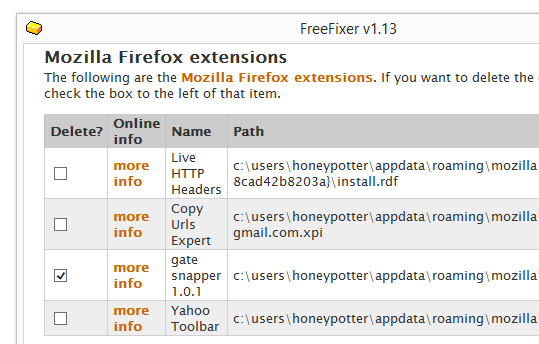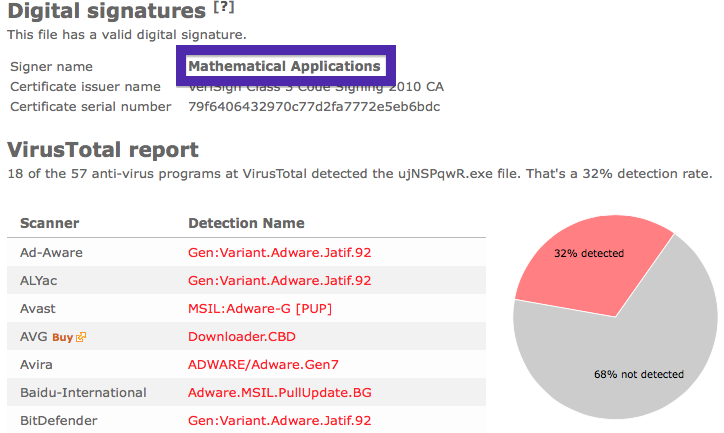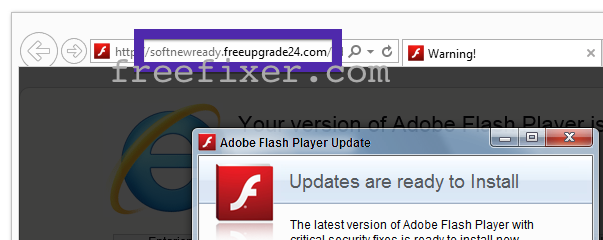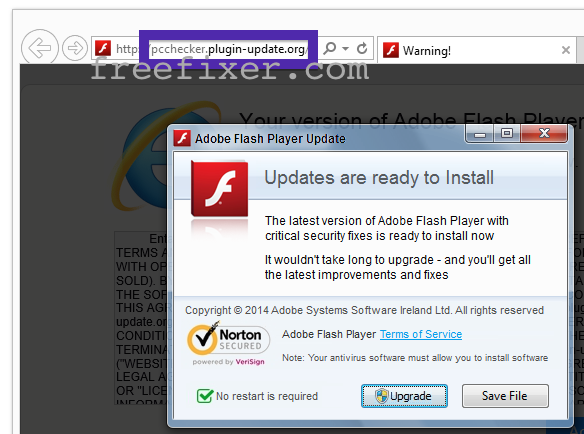Having issues with pop-ups from palaceofbingo.com? If that is the case, you might have adware installed on your machine. I got the palaceofbingo.com pop-ups in Firefox, but they can appear if you are using Chrome, Internet Explorer, Safari or Opera too.
Here’s how the palaceofbingo.com pop-up looked like when I got it on my computer in a new tab:
If this sounds like what you are seeing on your system, you probably have some adware installed on your computer that pops up the palaceofbingo.com ads. There’s no use contacting the owners of the site you were browsing. The advertisements are not coming from them. I’ll do my best to help you with the palaceofbingo.com removal in this blog post. This is done by removing the unwanted adware from your machine.
I found the palaceofbingo.com pop-up on one of the lab computers where I have some adware running. I’ve talked about this in some of the previous blog posts. The adware was installed on purpose, and from time to time I check if something new has appeared, such as pop-up windows, new tabs in the browsers, injected ads on web site that usually don’t show ads, or if some new files have been saved to the hard-drive.
So, how do you remove the palaceofbingo.com pop-up ads? On the machine where I got the palaceofbingo.com ads I had TinyWallet, BlockAndSurf and TinyWallet installed. I removed them with FreeFixer and that stopped the palaceofbingo.com pop-ups and all the other ads I was getting in Mozilla Firefox.
The problem with pop-ups like this one is that it can be initiated by many variants of adware. This makes it impossible to say exactly what you need to remove to stop the pop-ups.
So, what can be done to solve the problem? To remove the palaceofbingo.com pop-up ads you need to examine your system for adware or other types of unwanted software and uninstall it. Here’s my suggested removal procedure:
The first thing I would do to remove the palaceofbingo.com pop-ups is to examine the programs installed on the machine, by opening the “Uninstall programs” dialog. You can reach this dialog from the Windows Control Panel. If you are using one of the more recent versions of Windows Operating System you can just type in “uninstall” in the Control Panel’s search field to find that dialog:
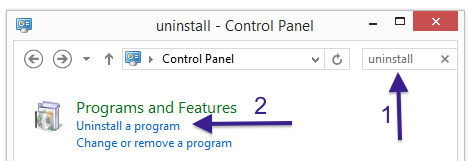
Click on the “Uninstall a program” link and the Uninstall programs dialog will open up:
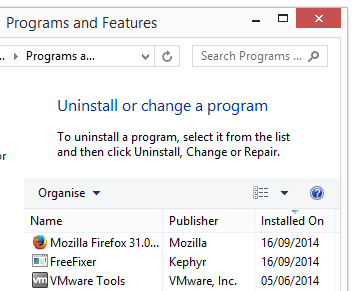
Do you see something suspicious in there or something that you don’t remember installing? Tip: Sort on the “Installed On” column to see if something was installed approximately about the same time as you started seeing the palaceofbingo.com pop-ups.
Then you can examine you browser add-ons. Adware often appear under the add-ons dialog in Google Chrome, Mozilla Firefox, Internet Explorer or Safari. Is there anything that looks suspicious? Something that you don’t remember installing?
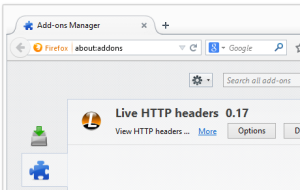
I think you will be able to find and remove the adware with the steps outlined above, but in case that did not work you can try the FreeFixer removal tool to identify and remove the adware. FreeFixer is a freeware tool that I’ve developed since 2006. Freefixer is a tool built to manually find and remove unwanted software. When you’ve found the unwanted files you can simply tick a checkbox and click on the Fix button to remove the unwanted file.
FreeFixer’s removal feature is not locked like many other removal tools out there. It will not require you to purchase the program just when you are about to remove the unwanted files.
And if you’re having difficulties deciding if a file is safe or adware in FreeFixer’s scan result, click on the More Info link for the file. That will open up a web page which contains more details about the file. On that web page, check out the VirusTotal report which can be very useful:

Here’s a video tutorial which shows FreeFixer in action removing adware that caused pop-up ads:
Did you find any adware on your machine? Did that stop the palaceofbingo.com ads? Please post the name of the adware you uninstalled from your machine in the comment below.
Thank you!

